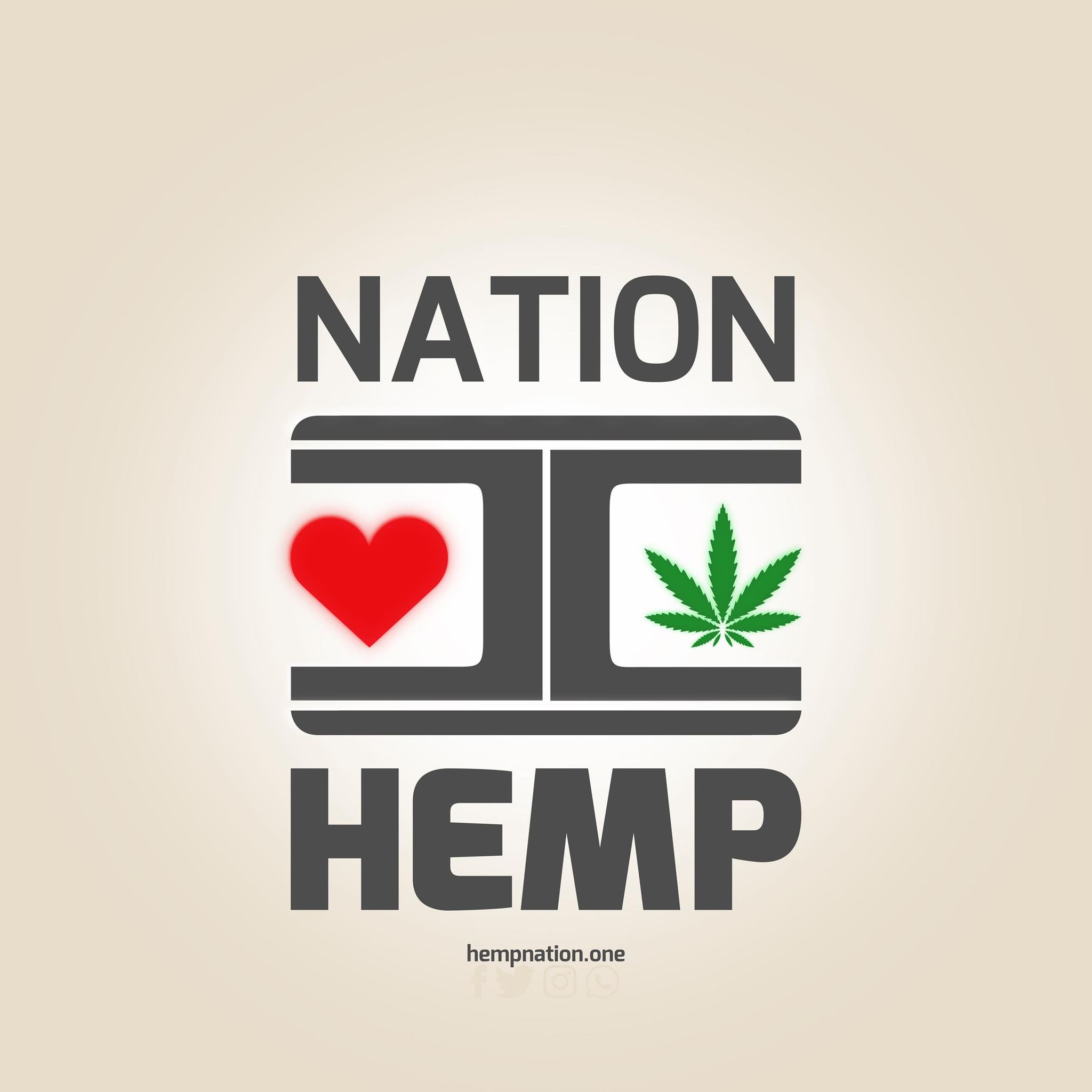
Advancing a Sustainable Global Hemp Network
Hemp is a versatile crop that has been used for centuries in various industries. In recent years, the benefits of hemp have become increasingly recognized, particularly in terms of sustainability. Hemp is a renewable resource that can be grown without the use of pesticides and herbicides, making it an eco-friendly alternative to other crops. Moreover, hemp can be used to produce a wide range of products, from food and textiles to building materials and biofuels.
To fully realize the potential of hemp as a sustainable resource, a global network is needed to promote its cultivation, production, and trade. Hemp Nation One is a new initiative aimed at advancing a sustainable global hemp network. By bringing together stakeholders from across the hemp industry, Hemp Nation One seeks to promote the growth of the hemp industry while supporting sustainable practices.
The Benefits of Hemp Industry for the Environment
The benefits of the hemp industry for the environment are numerous. Hemp is a crop that can be grown without the use of pesticides and herbicides, making it an eco-friendly alternative to other crops. Moreover, hemp can be used to produce a wide range of products that are themselves eco-friendly, such as biodegradable plastics and sustainable building materials.
In addition to its environmental benefits, the hemp industry has the potential to create jobs and stimulate local economies. By promoting the growth of the hemp industry, we can support sustainable economic development while also protecting the environment.
The Need for a Global Hemp Network
Despite the many benefits of the hemp industry, there are still barriers to its growth and development. One major obstacle is the lack of a global network to promote the cultivation, production, and trade of hemp. Without a coordinated effort to advance the hemp industry, it is difficult to realize its full potential as a sustainable resource.
To address this need, Hemp Nation One has been established. This initiative aims to bring together stakeholders from across the hemp industry to promote the growth of the industry and support sustainable practices.
Hemp Nation One: A New Initiative for Sustainable Hemp
Hemp Nation One is a new initiative aimed at advancing a sustainable global hemp network. By bringing together stakeholders from across the hemp industry, Hemp Nation One seeks to promote the growth of the hemp industry while supporting sustainable practices.
The initiative will focus on a range of issues related to the hemp industry, such as cultivation practices, processing technologies, and market development. By promoting best practices and sharing knowledge and expertise, Hemp Nation One hopes to support the growth of a sustainable hemp industry around the world.
The Role of Technology in Hemp Nation One
Technology will play a key role in the success of Hemp Nation One. The initiative will leverage the latest technologies to promote sustainable practices and support the growth of the hemp industry. For example, digital platforms can be used to share knowledge and expertise, while blockchain technology can be used to track the origin and quality of hemp products.
Moreover, Hemp Nation One will work with technology providers to develop new solutions that can help to overcome some of the challenges facing the hemp industry. For example, new processing technologies could be developed to increase the efficiency and sustainability of hemp production.
Conclusion: Building a Sustainable Future with Hemp Nation One
Hemp Nation One represents a major step forward in the development of a sustainable global hemp network. By bringing together stakeholders from across the hemp industry, the initiative has the potential to promote the growth of a sustainable hemp industry around the world.
The benefits of the hemp industry for the environment are clear, and by supporting the growth of the industry we can create jobs, stimulate local economies, and promote sustainable economic development. With the support of technology and a coordinated effort to promote best practices, Hemp Nation One has the potential to build a sustainable future for the hemp industry and for the planet as a whole.
As we continue to face pressing environmental challenges, the need for sustainable resources has never been greater. Hemp represents a promising solution to these challenges, and with the support of initiatives like Hemp Nation One, we can ensure that this potential is fully realized.



